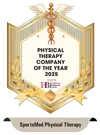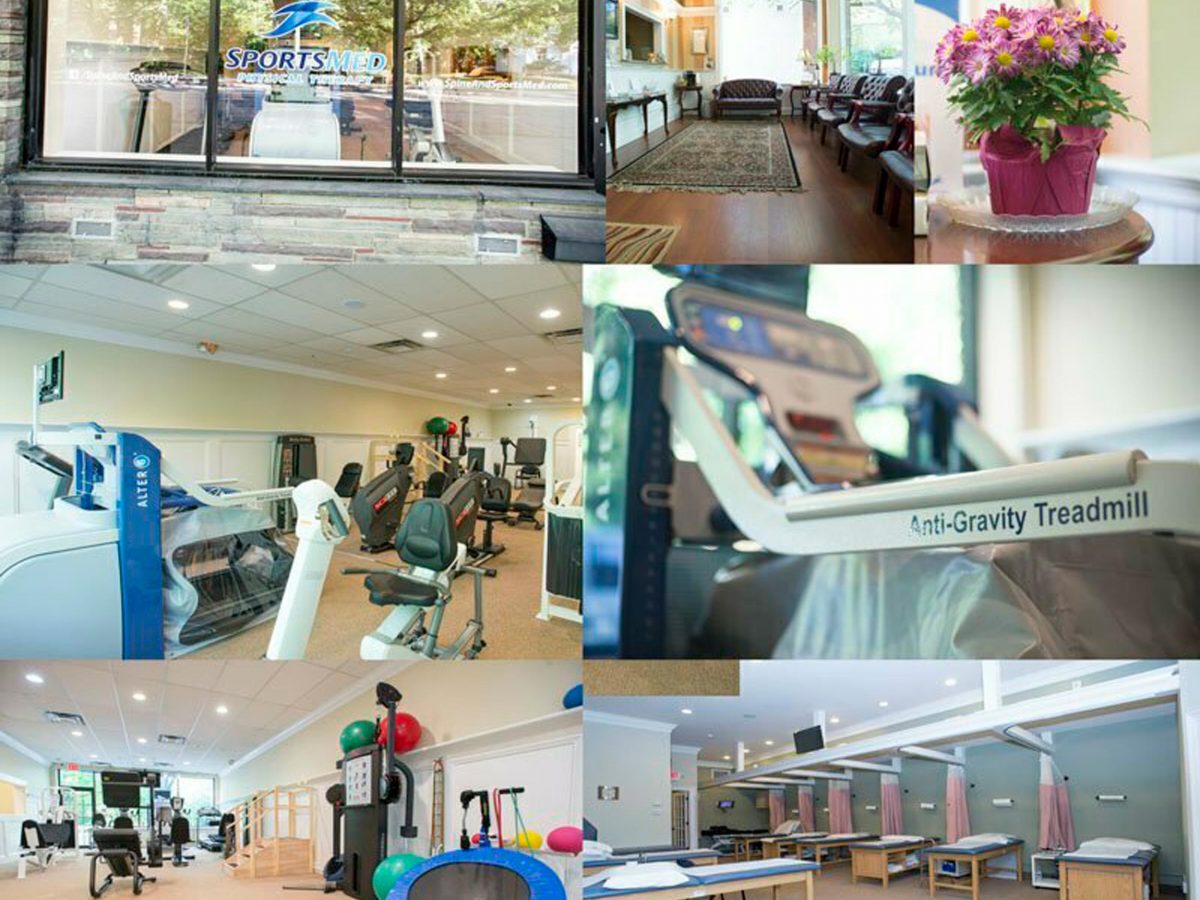Occupational Therapist Louis Longobardo, OTR/L studied at Quinnipiac University, earning both his Bachelor of Health Science degree and Master of Occupational Therapy degree. He currently practices occupational therapy in HoHoKus NJ.
Working in healthcare runs in Louis’ family: both of his parents are in the field, and his grandfather was a doctor. It’s no surprise that Louis was inspired to become an occupational therapist. To Louis, the most fulfilling thing about his job is watching his patients evolve and improve, beginning from their evaluation to when they have completed their treatment and are discharged. Louis especially loves to hear how after working with him, his patients are able to get back to their prior level of function and can participate in their daily activities again.
Occupational Therapist Louis Longobardo enjoys spending his free time in the outdoors; his favorite place to vacation is Vermont.
Benefits of Occupational Therapy to Improve Function
Occupational therapy (OT) is crucial for helping individuals resume their daily activities of living (ADLs) after illness, injury, surgery, or disability. Here are the key benefits of Occupational therapy:
1. Restores Independence in Everyday Tasks
Occupational therapy (OT) helps people regain the ability to perform essential daily activities, such as dressing, bathing, cooking, eating, grooming, and toileting, empowering them to live more independently at home and in the community.
2. Builds Strength, Coordination & Endurance
Through targeted exercises and functional activities, occupational therapy (OT) improves muscle strength, fine motor skills, and energy conservation, enabling patients to complete daily routines with less effort and greater control.
3. Supports Cognitive & Emotional Functioning
OT addresses cognitive challenges like memory, attention, problem-solving, and emotional issues like anxiety or frustration that can interfere with daily life, especially after brain injuries or neurological conditions.
4. Adapts Tools & Environments for Success
Occupational therapists recommend adaptive equipment, assistive devices, and home modifications to make daily tasks easier and safer, such as grab bars, reachers, or modified utensils.
5. Reintegrates Individuals into Work, School, and Leisure
Beyond basic self-care, OT supports people in resuming roles at work, school, or in hobbies, helping them find purpose and enjoyment in life again.





